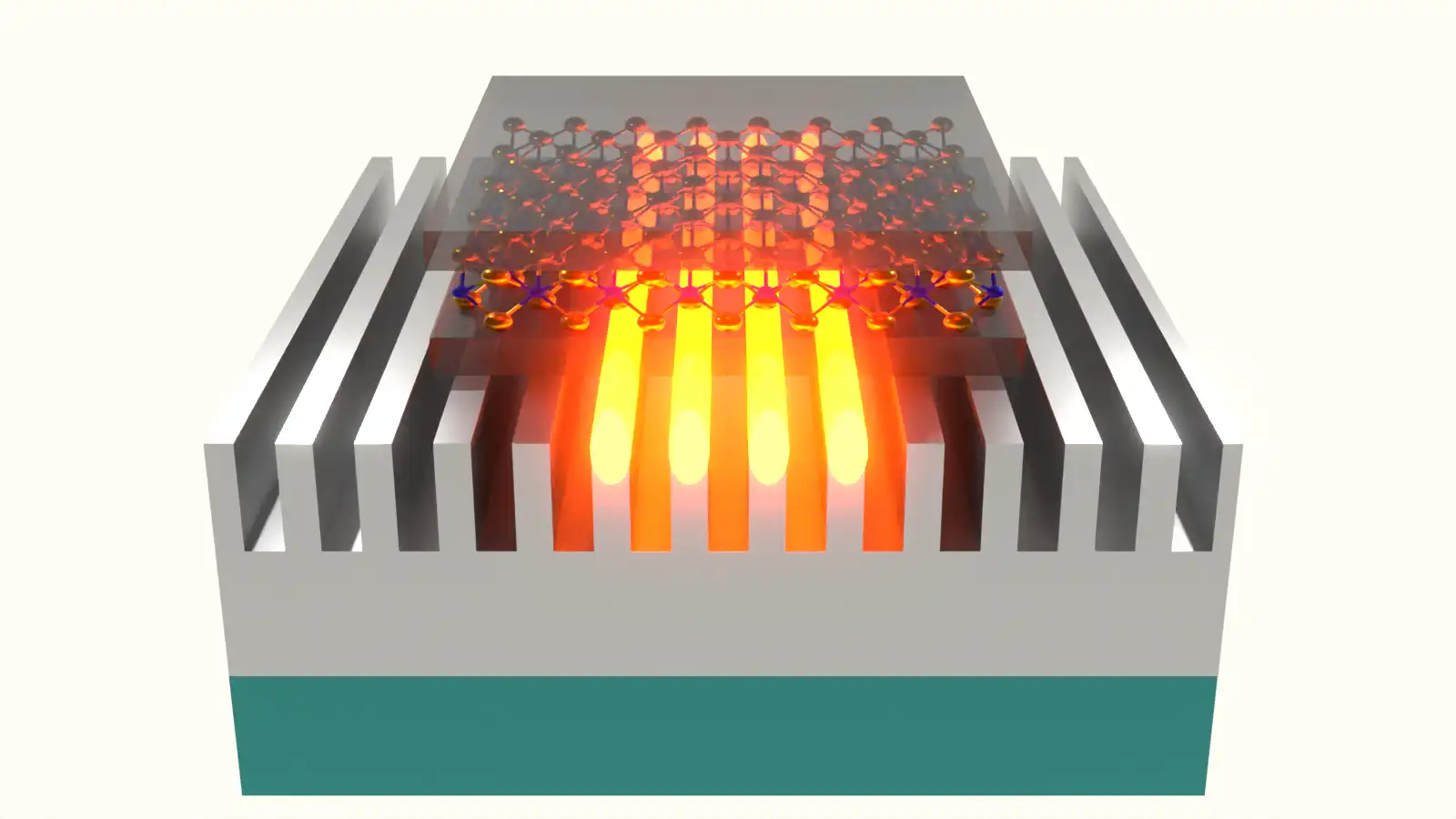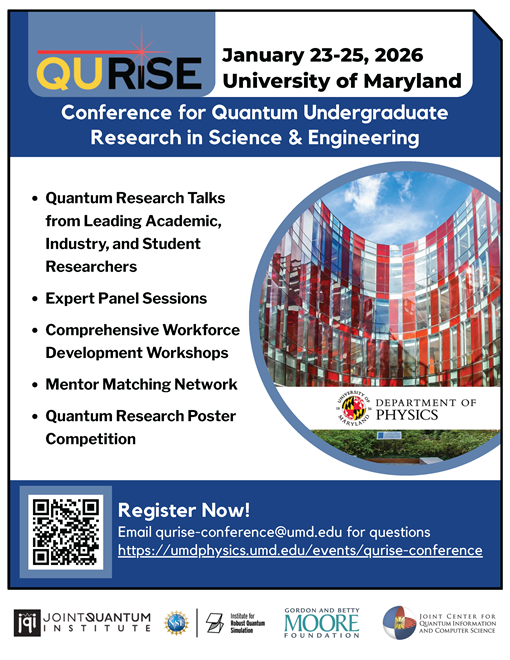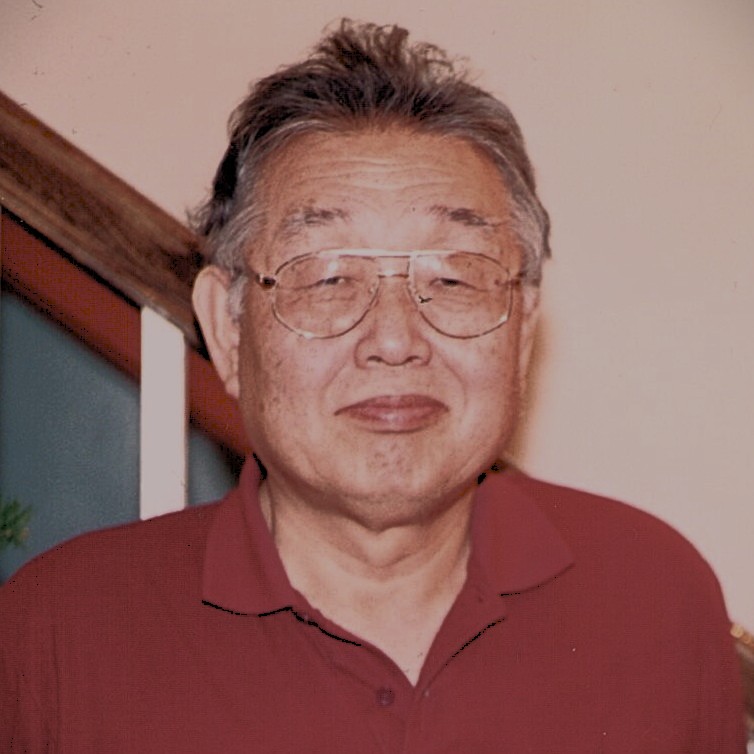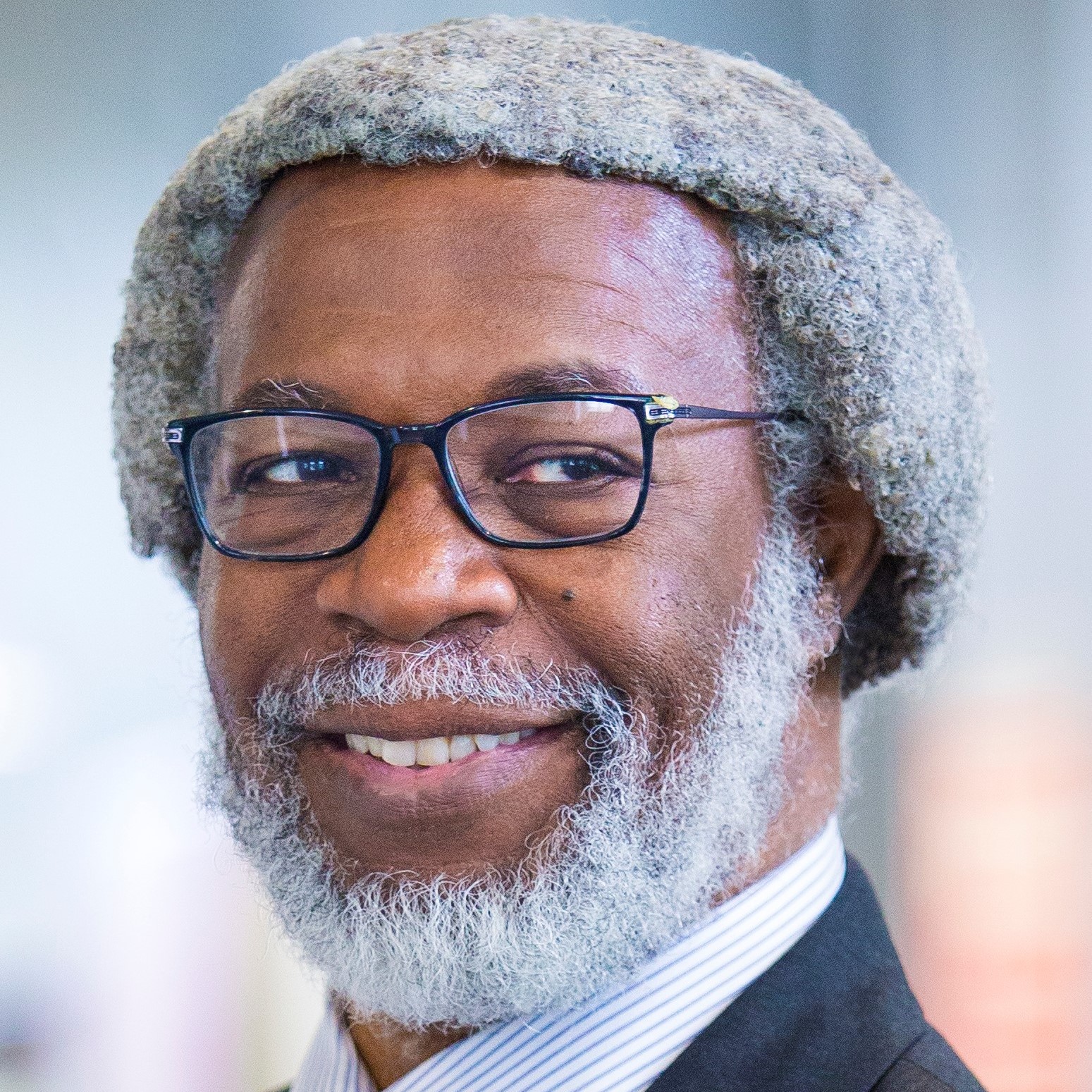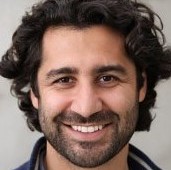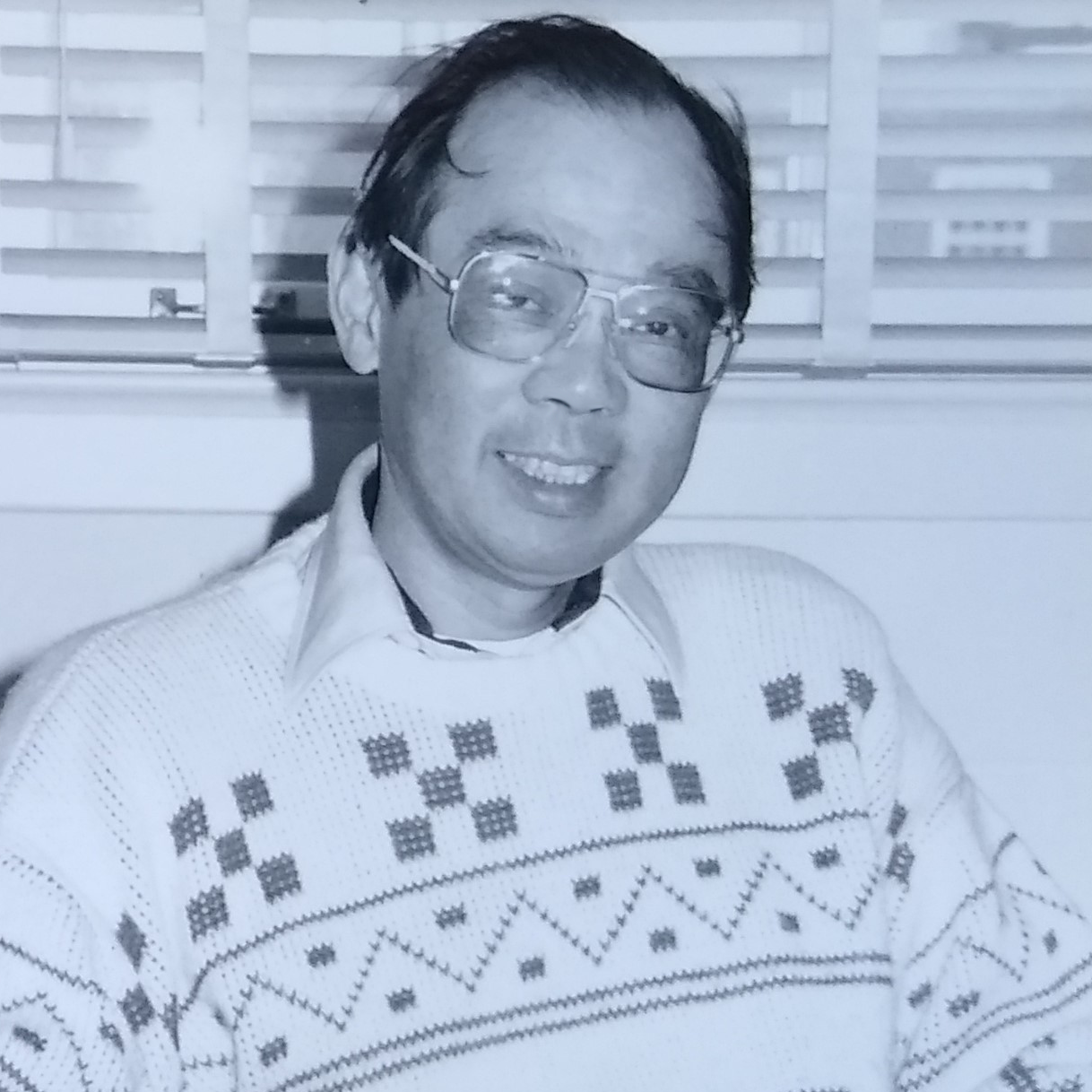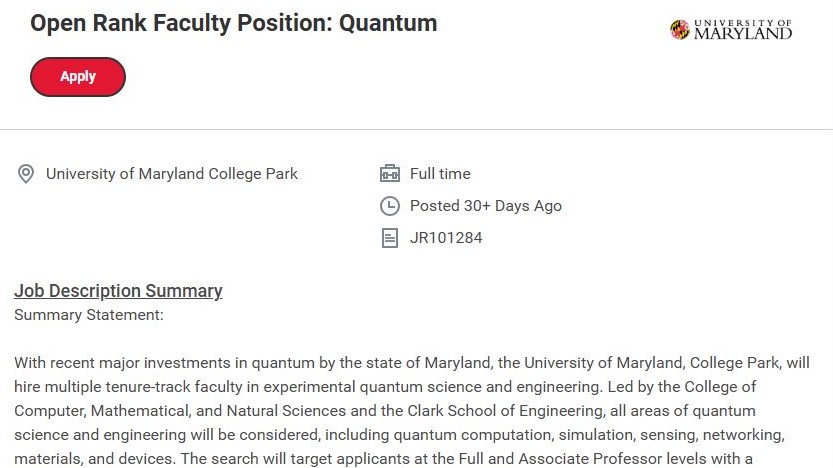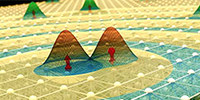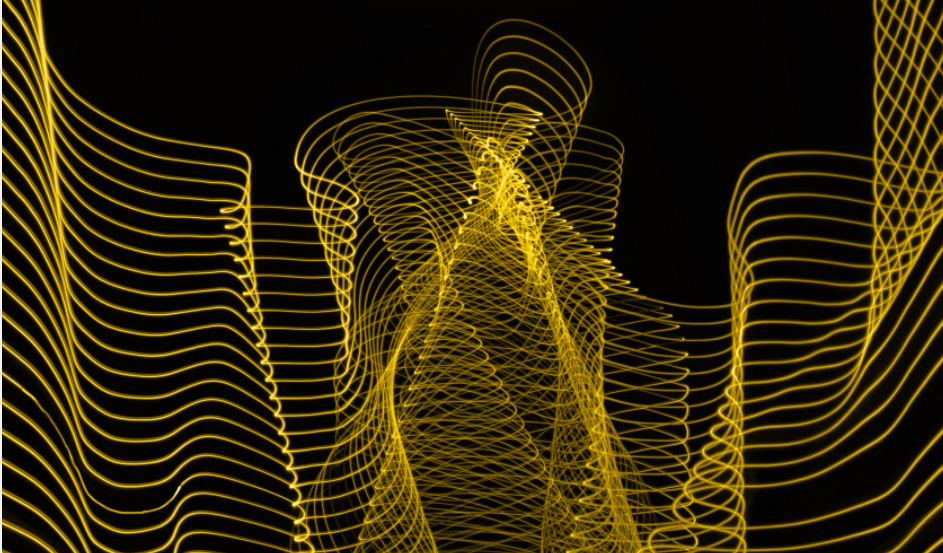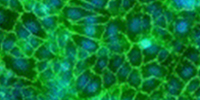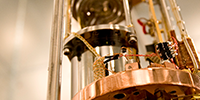2012 Thomas G. Mason Fellowship Recipient
- Details
- Created: Monday, March 05 2012 14:36
- Last Updated: Monday, February 25 2013 13:49
- Written by Carole Kiger
- Hits: 5753
The goal of our study is the exploration of the landscape of Super Symmetric theories
and the understanding of the representation theory of the Super Symmetric algebra (SUSY).
The approach we are following falls under the name of Adinkras. Adinkras are node diagrams
(analog to Dynkin diagrams for the Lie groups) that help classify the representations of SUSY.
Specifically, the goal was the classification and development of irreducible representations of
super symmetrical systems in 1-D. The starting point was the N=1 superspace formulation of
higher super-helicity theories in 3+1-D. From the superspace action we wanted to extract
information about the field content of the theory, the number of the off-shell degrees of freedom
they carry, their super symmetric transformation laws and finally the lagrangian that governs
their dynamics. We developed a new method of extracting all this information and applied it to
the higher super-helicity theories mentioned above. After doing that we start the dimensional
reduction process from a 3+1-D to 1-D. The result of that is a set of 1-D theories with
four times the super symmetries (N=4). The last step is the diagrammatic description of these
theories and their classification with the help of the technology of Adinkras.
---
The Thomas G. Mason Interdisciplinary Physics Fund was established in December 2000 by Thomas G. Mason (BS, 1989). Spendable Income from the Thomas Mason Interdisciplinary Physics Fund exposes talented doctoral students in the Department of Physics to problems and approaches in non-physics disciplines through summer interaction with professors in other departments.



